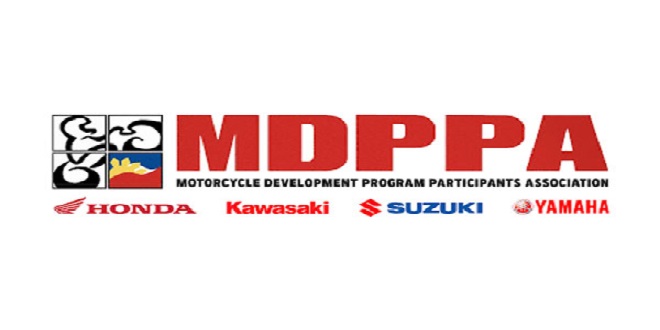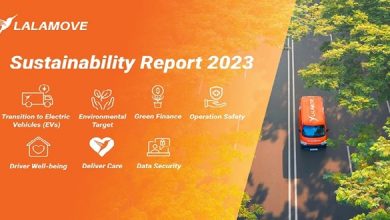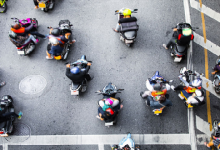
Know the vital motorcycle and transportation laws a rider should follow for a safer ride

The widespread adoption of motorcycles for daily commuting and the delivery of goods and services has been embraced by the Philippines. This shift is primarily attributed to their convenience in navigating traffic and their relatively lower cost compared to owning a car.
However, the rising number of motorcycle riders in the Philippines has correspondingly led to an increase in motorcycle taxis and delivery services. Unfortunately, this upward trend has also brought about a troubling surge in motorcycle accidents during the first four months of 2023. The Philippine National Police-Highway Patrol Group (PNP-HPG) has reported around 4,000 motorcycle crashes, which already make up half of the 8,342 incidents documented in 2022.
This concerning rise in motorcycle accidents highlights the need for heightened caution among riders, who must be more diligent in navigating roads and adhering to laws designed to ensure their safety as well as that of pedestrians. To bolster road safety in the country, the Motorcycle Development Program Participants Association (MDPPA) has outlined several critical laws that every rider should be well-informed about.
Land Transportation and Traffic Code (Republic Act No. 4136): This comprehensive legislation governs the registration and operations of motor vehicles, as well as the licensing of owners, drivers, and conductors. It encompasses general traffic rules, driver’s licenses, vehicle registration and operation, traffic enforcement, penalties, and traffic safety education.
Motorcycle Helmet Act of 2009 (Republic Act No. 10054): This act mandates that all motorcycle riders wear approved protective helmets. The law imposes fines for non-compliance and aims to prioritize rider safety by mitigating the risk of severe injuries in accidents.
Anti-Drunk and Drugged Driving Act of 2013 (Republic Act No. 10586): Enacted to address driving under the influence of alcohol, dangerous drugs, or similar substances, this law covers both public and private vehicle operators. Violators are subject to fines and penalties depending on the situation, with more severe consequences for violations leading to injuries or fatalities.
Children’s Safety on Motorcycles Act of 2015: This regulation prohibits driving with a child on board in areas with heavy traffic volume or fast-moving vehicles. The law stipulates fines and license suspensions for those caught violating this regulation.
Anti-Distracted Driving Act (Republic Act No. 10913): This law forbids the use of gadgets while driving, aiming to curb distracted driving behaviors that endanger road safety.
Motorcycle Crime Prevention Act (Republic Act No. 11235): This law addresses the use of motorcycles in the commission of crimes by requiring standardized number plates and identification marks. It also mandates timely registration and number plate display, imposing fines and penalties for non-compliance.
Understanding and adhering to these laws is crucial for all motorcycle riders in the Philippines. Compliance with these regulations promotes safer roads and prevents harm to pedestrians and fellow road users. By practicing responsible motorcycle riding, riders contribute to the collective goal of ensuring road safety.
To further advance road safety initiatives, the Motorcycle Development Program Participants Association (MDPPA) will continue to provide comprehensive safety tips and address gaps in the industry’s road safety efforts.
For more information about MDPPA and its safety initiatives, visit their website at http://mdppa.com.ph/ or follow their updates on Facebook.






